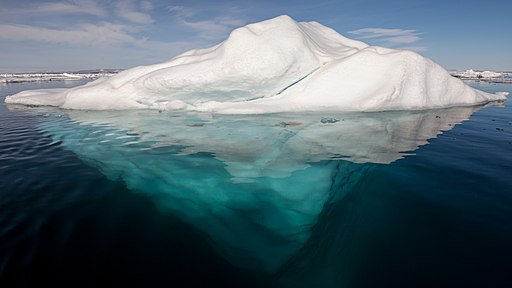By Sabine Schuller

As donor researchers, we pride ourselves on finding accurate information so our fundraising team successfully connects with supporters. Our eyebrows rise when we see an inflammatory headline followed by questionable content
But sometimes we are asked to stretch outside our comfort zone…
• When an alum from another country surfaces as a possible new supporter
• Or the new Executive Director’s vision expands your potential donor pool
Because you are that smart a researcher, you have been quietly collecting resources outside your usual markets. Maybe you attended a webinar on S. Korea or are exploring Google’s translation extension. You are fairly confident if the need arises you can figure out how to uncover data on the fly from the Bombay stock exchange.
And yet you have this uneasy feeling that there’s more below the surface you’re missing.
You’re right.
There are very different expectations worldwide about information availability and neutrality. Freedom House’s 2017 freedom of the global press graphic vividly illustrates that.
And that doesn’t even include the scenarios where, as the saying goes, you “ask two people, get three opinions.”
Not too long ago, the Spanish federal government decided to invoke Constitution Article 155 for the first time in its modern history and seize Cataluña’s political powers because the province held a referendum whose majority said “yes” to independence from Spain. It’s fair to say that El País (the largest Spanish national newspaper) will have a very different tone and content than El Punt Avui based in Barcelona and published in Catalan.
And then there’s the sad fact that sometimes useful information won’t be made public if it throws a shadow on that country’s rulers for fear of reprisals. For example, Thailand’s lèse-majesté law can punish critics of the monarchy and government. And please keep a moment of silence for the journalists in Mexico who died reporting on drug cartels.
If you are feeling overwhelmed and, to be honest, discouraged as you compile a list of all the reports and briefings on critical thinking you have always meant to read, please don’t be. Learning how to evaluate and interpret information worldwide isn’t possible to do in one blog post or in one sitting. As we look to 2018, we will be exploring different strategies and topics. We will be diving below the surface to see what is a sunken wreck and what is a treasure buried below the silt.
In the meantime, learn about the prospect research allies who are already sharing their knowledge and experience about critical thinking and information integrity.
More Resources
- Librarians
- International Federation of Library Associations: How to Spot Fake News infographic in 38 languages
- “Finding Facts in the Alternative World: Only Librarians Know for Sure!”
- Journalists
- Think Tanks
- Philosophers
- Academics
- The Journal of Intercultural Communication Research “Toward a pan cultural typology of Deception Motives” Exploring why Egyptians, Guatemalans, Pakistanis, Saudis, and American lie.
About Guest Blogger
Sabine Schuller, MLIS works at The Rotary Foundation, a volunteer organization of professional and business leaders that initiates humanitarian projects worldwide. As a donor researcher, she identifies and analyzes donors around the globe. She was also a program officer for Rotary, coaching grant applicants in Latin America, Europe, and North America. Sabine’s first experience in the nonprofit world was at Northwestern University. She developed industry analyses for new commercial opportunities at an international business development center. Sabine is a proud member of the Illinois donor research chapter APRA-IL and also supports her local business librarian association, SLA-IL. Connect with her on LinkedIn.
